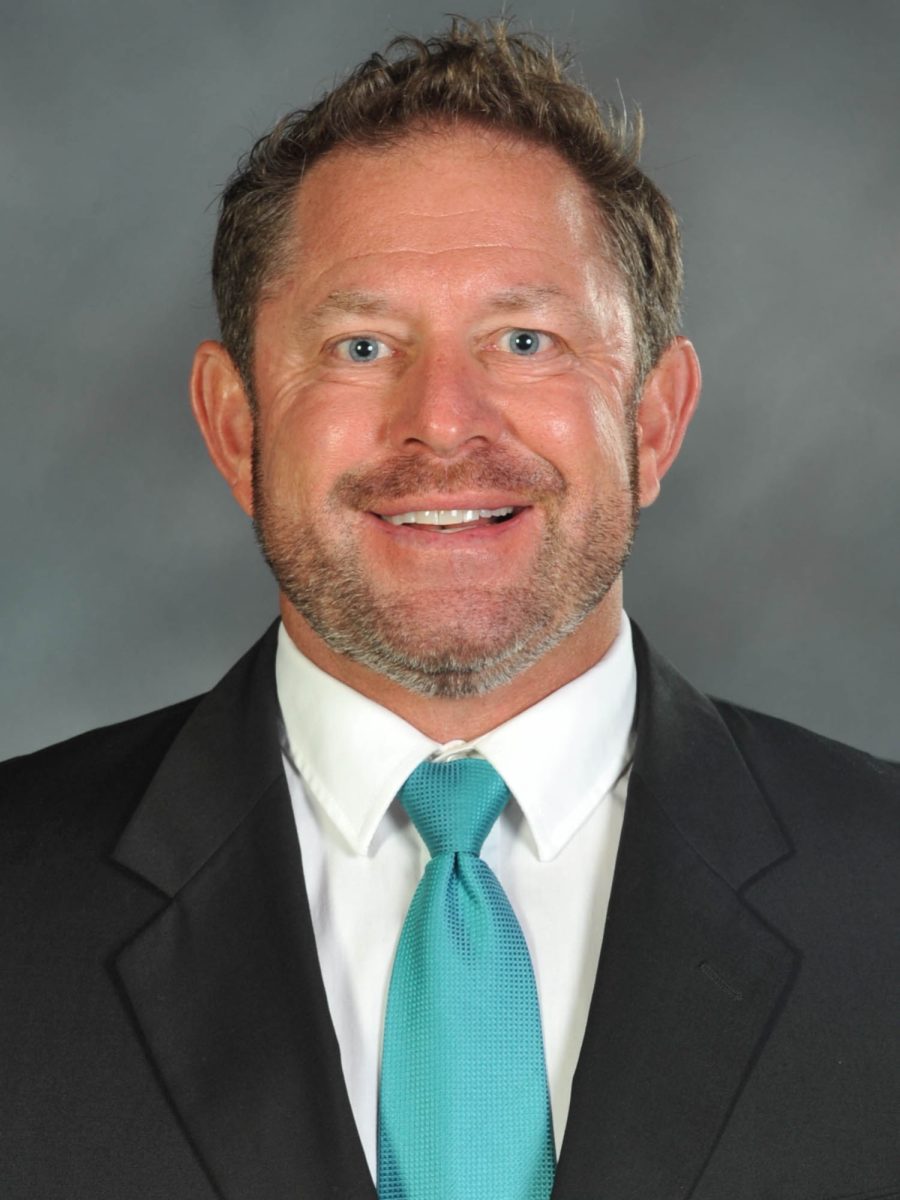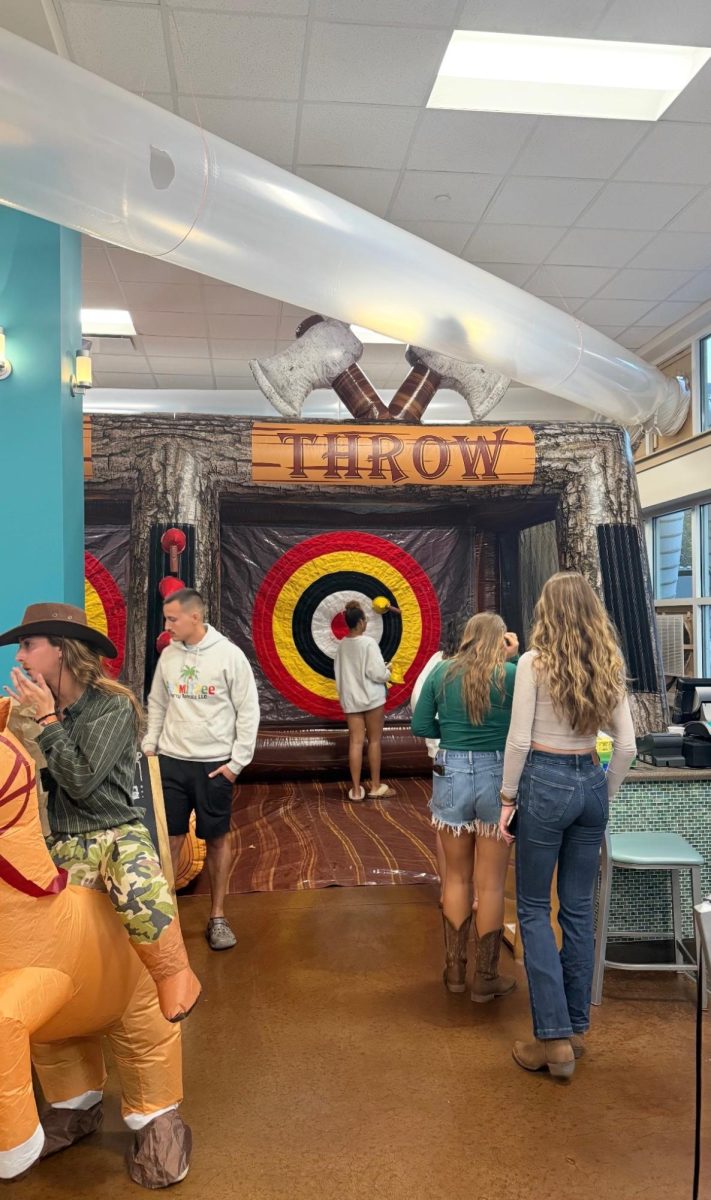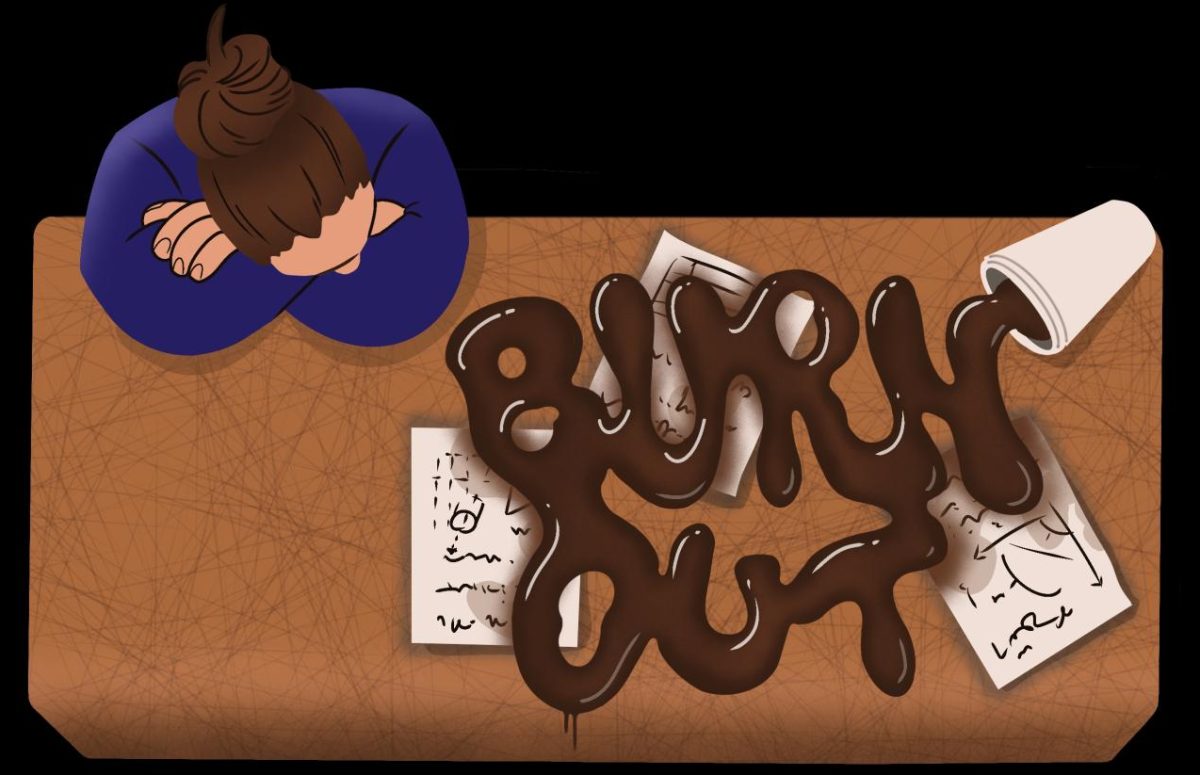Students across Coastal Carolina University’s campus have reported feelings of severe burnout as the fall semester comes to an end, and despite the University’s efforts to ease students’ fatigue, stress levels are undeniable.
With course workloads intensifying and final exams quickly approaching, students have no choice but to hold out for Thanksgiving break. This will be the first breath of fresh air since Labor Day weekend.
Junior public relations and strategic communication major Shadé Woody said she has been feeling heavily burnt out and struggling to find motivation to attend classes.
“It’s always the time in the semester. I feel like the first two months of classes are good for me and then just like whenever it gets around to the holidays that’s hard because of family stuff and all the factors that contribute with that,” Woody said. “And then you’re just like, ‘damn, I have all of these classes and all of this work to do.’”
Similarly, senior psychology major Chloe Brewer expressed her current feelings of overwhelming stress and exhaustion.
As a senior, she has a lot on her plate as she looks toward graduation and passing some of her final classes at CCU.
“It’s mainly my capstone. I’m doing a research project and it’s taking up a lot of my time and I have five other classes going on, on top of that,” Brewer said in regard to the source of her burnout.
Chris Donevant-Haines, associate director of Livewell at CCU, emphasized how crucial it is for students to track their mental, emotional and physical health throughout the academic year in order to recognize when things begin to go downhill.
She said there are numerous resources for students that may be struggling, which are accessible on the LiveWell page on the CCU website.
“Stress associated with certain times of the academic calendar, especially around final exams. There’s a lot of data that shows increased stress and also increased sleep issues for students,” Donevant-Haines said.
She also recommended that once students experience even the slightest change in their day-to-day emotional, physical or mental state, they should never be afraid to ask for help.
“I think it’s a great starting point to just say, ‘I am willing to ask for help,’” Donevant-Haines said.


















